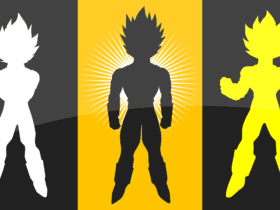Although the implementation of artificial intelligence has been receiving a lot of attention since the previous year, it has only lately acquired greater momentum in the tools that we use on a daily basis. There is no shadow of a doubt that artificial intelligence (AI) technology will be brought to the forefront in 2018, and as a result, there are a great deal of things to take into consideration, in particular with respect to material that was developed and released by AI.
There has already been considerable controversy around this topic, particularly when CNET disclosed earlier in the year that it had used AI for some of the items that it had published. However, this is only the beginning, and it will be fascinating to see how future discussions over material of this kind are conducted. In light of this, Google has now made its position on AI-generated material public, stating that the company does not intend to implement a ban on the practice at this time. Through its developer blog, the business disclosed that its search ranking engine was designed to prioritize and favor high-quality, unique material, irrespective of how the content was created.
The organization has relied on articles that demonstrate “expertise, experience, authoritativeness, and trustworthiness” in order to describe high-quality as “E-E-A-T,” which stands for “expertise, experience, authoritativeness, and trustworthiness.” This strategy has enabled the firm to provide customers with search results that are not only informational but also useful, and these results are sent to millions of people on a daily basis. It also cited an example of worries from a decade earlier with mass-produced but human-generated material and how, rather than prohibiting it, Google merely modified its algorithm better to place high-quality content at the top of the results.
Google Search does not penalize high-quality AI-produced material; but, the company does use protections to protect users from spam and other materials that violates its regulations. These precautions are in place to protect consumers from content that is created by AI. As the use of material created by artificial intelligence grows increasingly widespread over the next several years, it will be fascinating to see how Google’s guidelines adapt to accommodate this trend.














Leave a Reply